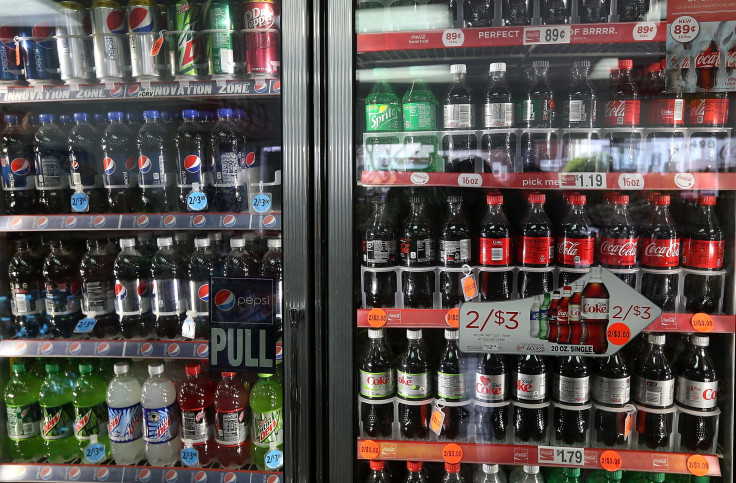Coca-Cola, PepsiCo See A Different Year Ahead

Between them, Coca-Cola (NYSE:KO) and PepsiCo (NASDAQ:PEP) plan to generate at least $17 billion of operating cash flow in 2019 as they flex their pricing power and massive economies of scale. These wins make it highly likely that shareholders in both companies will enjoy decent, if unspectacular, returns, bolstered by the stocks' over 3% dividend yields.
Yet in the fiscal-year outlooks they provided this past week, the soda titans diverged in a few important ways that might make one stock preferable over the other, depending on your investing preferences. Both companies end their fiscal year in late December.
Let's take a closer look.
The Year That Just Closed
There wasn't much daylight between the two companies' growth rates in 2018. Sure, Coke enjoyed a slightly faster sales bump as organic revenue expanded by 5% overall compared to Pepsi's 4%. Among the soda giant's biggest wins was a global rollout of its "Coke Zero Sugar" franchise that's helping offset losses from the Diet Coke brand.
That launch contributed to Pepsi's drink stumbles earlier in the year, but the company found traction in its snack segment and also ended 2018 on a generally positive note. Sales gains sped up from the 3% pace through the first half to end at 4% for the full year, nailing management's upgraded guidance of "at least 3%" from early October.
The earnings matchup was close, too, but the edge here goes to Coke. With help from its bottler refranchising initiative, core earnings rose by 13% for the year, while Pepsi managed a 9% increase. Both companies found modest success at raising prices to offset increased commodity costs.
Looking Ahead
Investors saw bigger differences in the 2019 outlook that each company issued, with Coke forecasting slower growth and modest cash returns compared to its more diversified rival. Specifically, the cola giant sees organic sales slowing to a 4% pace from 5% while earnings gains remain muted. Pepsi, thanks in part to its improving momentum in recent months, said it expects growth to hold steady. Core profits should drop slightly due to higher spending on the business this year, but mid-single-digit gains should return in 2020, executives predict.
Pepsi is aiming to generate $9 million of cash from its business, compared to $8 billion for Coca-Cola. And, while it's still early in his tenure, new Pepsi CEO Ramon Laguarta appears to be taking a strategic approach that avoids big acquisitions like last year's SodaStream purchase in favor of pairing incremental sales growth with aggressive direct returns to shareholders.
Coke signaled cash repurchase spending that merely offsets dilution to continue its recent trend of lower buybacks. The company spent $2 billion on its shares in 2017 and less than $500 million last year. Pepsi, on the other hand, spent $2 billion on its stock in each of the last two years and plans to boost that level to $3 billion in 2019.
Neither company is likely to wow investors with big sales gains given the major headwinds facing the soda and consumer packaged foods industries. Yet Pepsi and Coke remain two of the market's most efficient businesses, and so either is likely a good place to invest if you favor dependable earnings and dividend income. But, entering 2019, Pepsi has the upper hand in terms of growth momentum and cash return plans.
This article originally appeared in the Motley Fool.
Demitrios Kalogeropoulos has no position in any of the stocks mentioned. The Motley Fool has no position in any of the stocks mentioned. The Motley Fool has a disclosure policy.





















